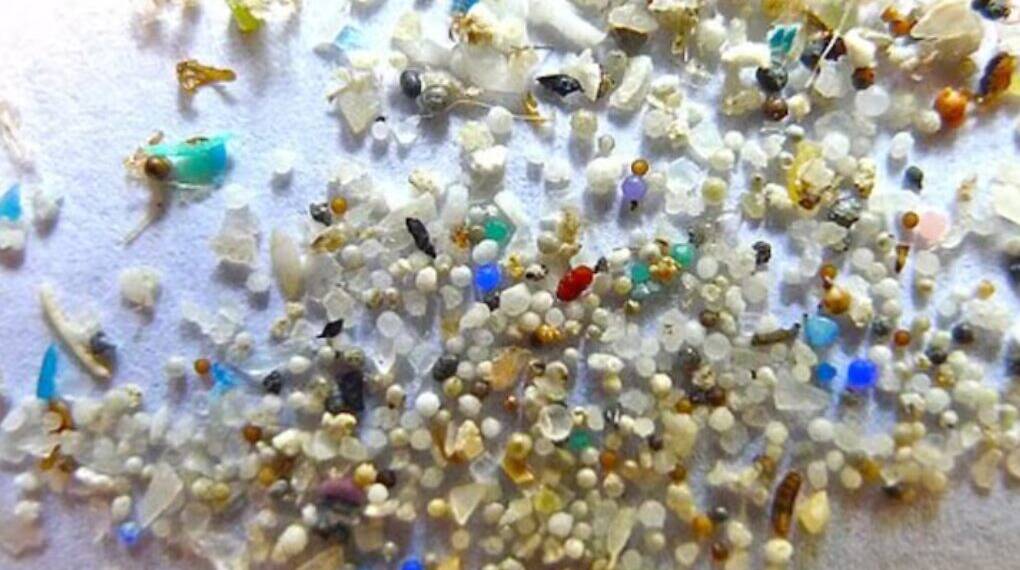In a groundbreaking study that underscores the growing threat of environmental pollution to human health, researchers have discovered microplastics and nanoplastics in human brain tissue. The findings, published this week in Nature Medicine, raise serious concerns about the long-term health effects of plastic exposure, including increased risks of heart attacks and strokes.
The study, which analyzed postmortem samples from human brains, is among the first to confirm that microscopic plastic particles can cross the blood-brain barrier, a protective shield that typically blocks harmful substances from reaching the brain.
Alarming Presence of Plastics in the Brain
Scientists found detectable levels of plastic particles in all tested samples, suggesting that such contamination is likely widespread. The presence of these particles in brain tissue raises red flags due to their potential to trigger inflammation, disrupt neural function, and contribute to cardiovascular events.
“This is a wake-up call. If plastic particles are making their way into the brain, the implications for public health could be profound,” said one of the study’s lead authors.
The study adds to a growing body of research showing that microplastics — plastic fragments less than 5 millimeters long — and even smaller nano plastics can enter the human body through air, food, and water. Once inside, they can accumulate in organs and tissues, including the lungs, liver, and now, the brain.
Links to Cardiovascular Disease
Most alarming are the study’s indications that the presence of microplastics in the bloodstream and brain may be associated with higher risks of cardiovascular issues, particularly heart attacks and strokes. Although the study does not yet establish a direct causal link, the correlation suggests that plastic exposure could be a previously overlooked risk factor in cardiovascular disease.
Global Implications
The findings come at a time when plastic pollution is surging globally, with microplastics now detected in rainwater, seafood, bottled water, and even human blood. Experts say regulatory agencies may need to rethink environmental and food safety standards in light of the new evidence.
“We are just beginning to understand how deeply plastic pollution has penetrated our bodies,” the researchers warned.
Further studies are already underway to determine how plastic particles interact with brain cells and whether they may contribute to neurological disorders or cognitive decline over time.








